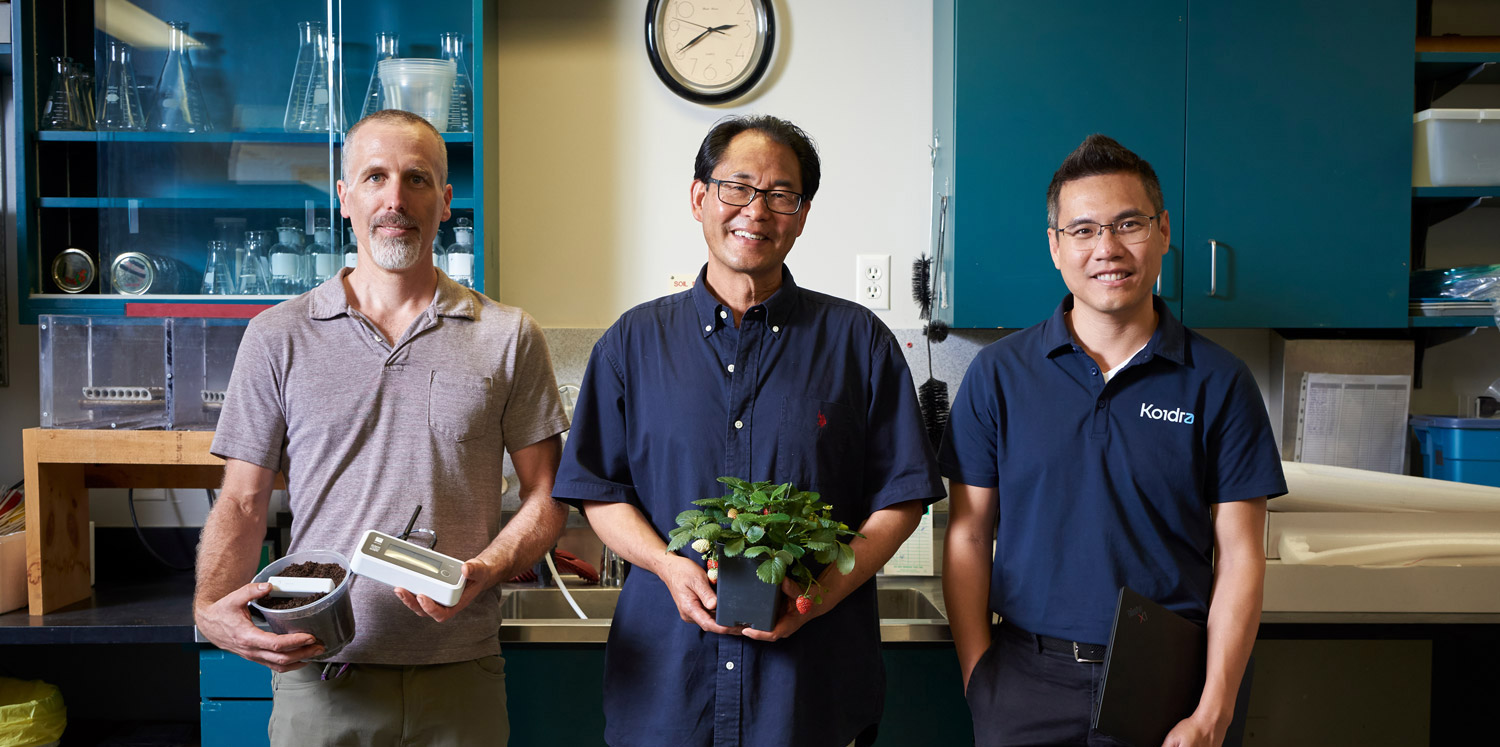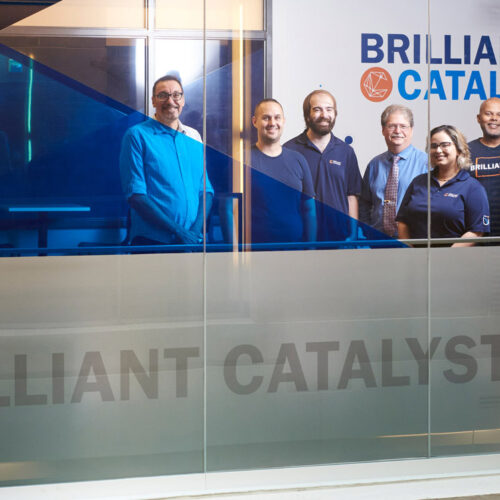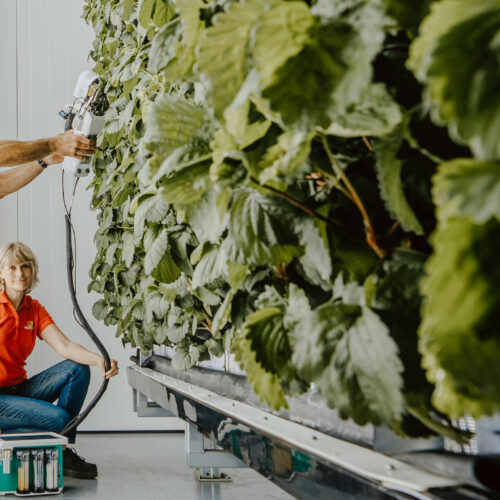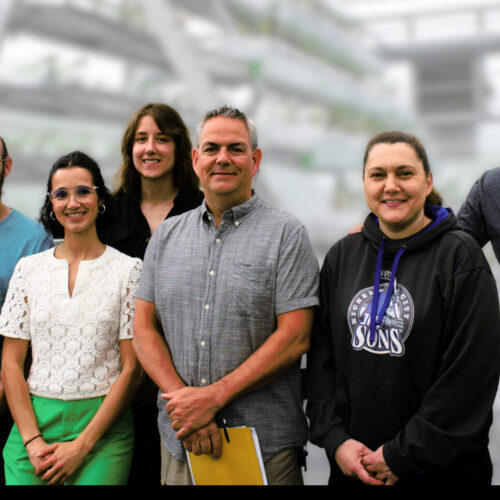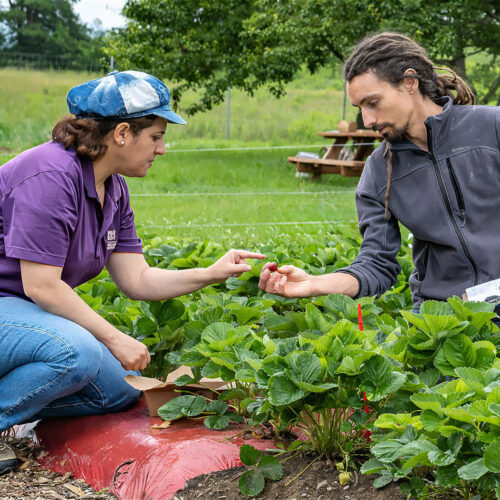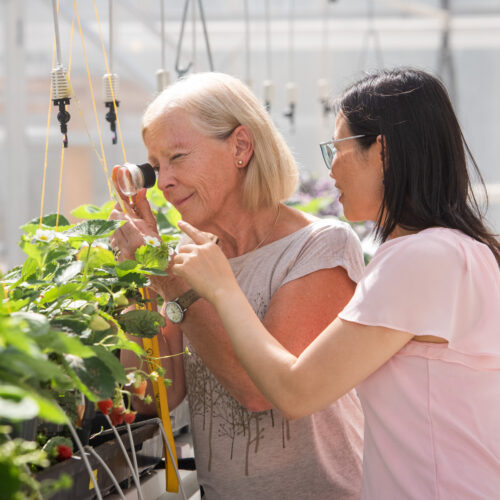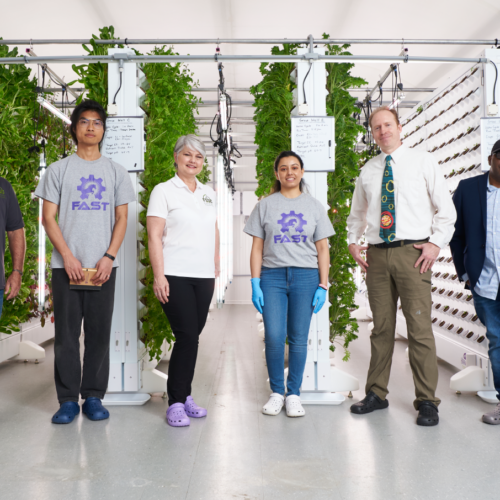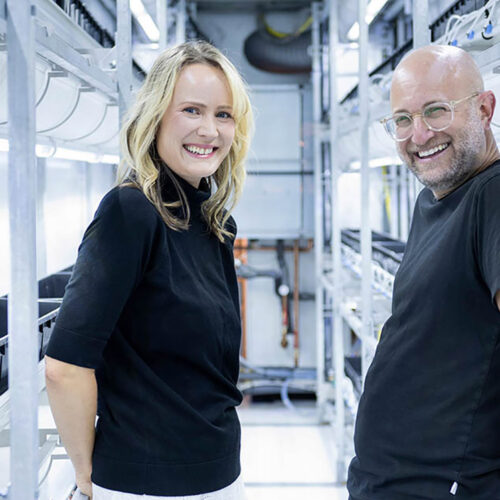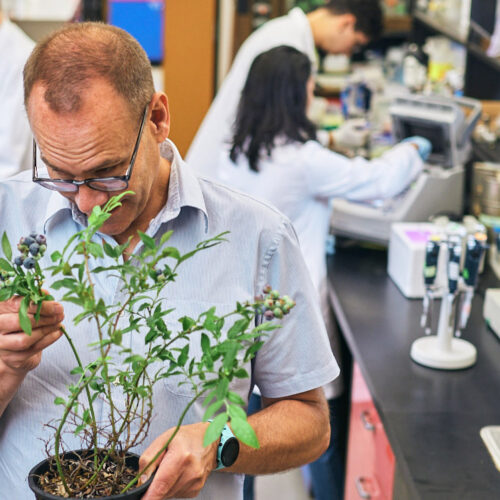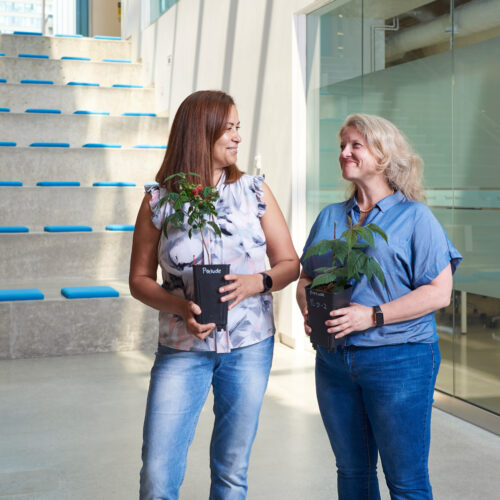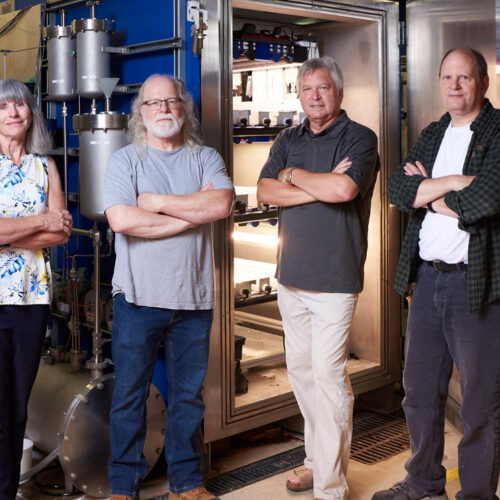Artificial intelligence is poised to transform virtually every sector, and horticulture is no different. This team is housed at the University of Guelph, an ensemble of academic wisdom and technological innovation, and has developed a Digital Twin Model, an AI-powered autonomous farming system that will revolutionize berry cultivation in controlled environments, making out-of-season production a sustainable reality.
Autonomous controlled-environment system for year-round berry production.
In an era where sustainable practices and technological innovation merge, a groundbreaking alliance between the University of Guelph, Agriculture and Agri-Food Canada, and Koidra is setting the gold standard in sustainable berry production. Their aim is to revolutionize berry cultivation in controlled environments, making out-of-season production a sustainable reality.
This collaboration, an ensemble of academic wisdom and technological innovation, has brought to life the Digital Twin Model. More than a data-collection tool, this model captures the real-time nuances of the greenhouse environment and plants, transforming it into a dynamic AI-driven ecosystem. It fine-tunes parameters such as light, temperature, and carbon dioxide levels with unprecedented precision and speed, ensuring optimal growth conditions.
Dr. Youbin Zheng, a professor of environmental sciences at the University of Guelph, sheds light on this intricate process, “Operating a greenhouse is like orchestrating a symphony. Every component must harmonize. And with berries, the stakes are higher. But through our shared expertise, we’re crafting an intuitive and resource-efficient berry-growing environment.”
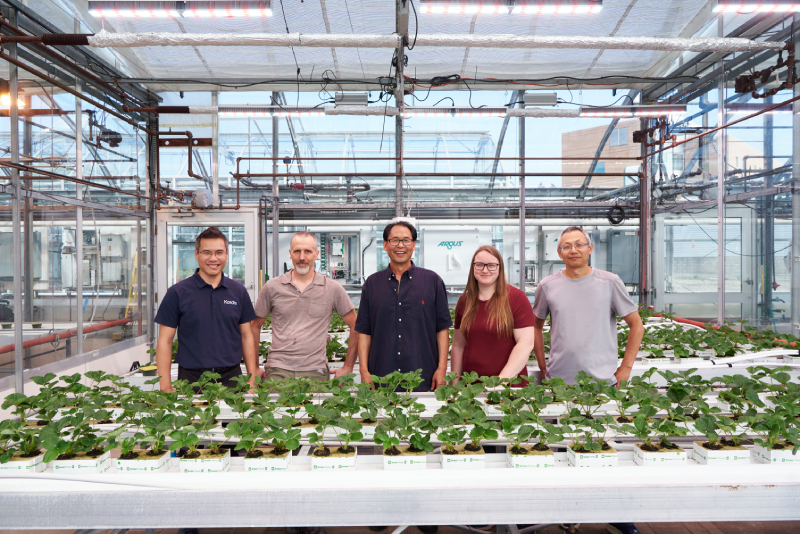
The Digital Twin Model takes the guesswork out of monitoring plant health with real-time data from sophisticated biosensors. Every five minutes, the system updates and responds to data with adjustments to variables such as temperature and carbon dioxide concentration—a frequency that’s beyond the capacity of the average human grower. It also integrates and connects hardware and software that many growers already use, centralizing information and controls for greater efficiency.
“Using AI we don’t aim to replace farmers. We seek to elevate their potential to unparalleled heights.” Dr. Ken Tran, Koidra
Their combined efforts have been nothing short of stellar. Back in 2018, Dr. Ken Tran of Koidra and Dr. Xiuming Hao from Agriculture and Agri-Food Canada clinched victory in an autonomous greenhouse challenge focusing on cucumbers. This victory was doubly sweet, setting an unmatched yield record and achieving the highest sustainability scores across all key metrics: energy, water, and carbon dioxide efficiency.
By 2022, Koidra had done it again. Another challenge, this time on lettuce, resulted in another victory, surpassing expert growers in profit by a staggering 27%, all while maintaining impeccable sustainability scores.
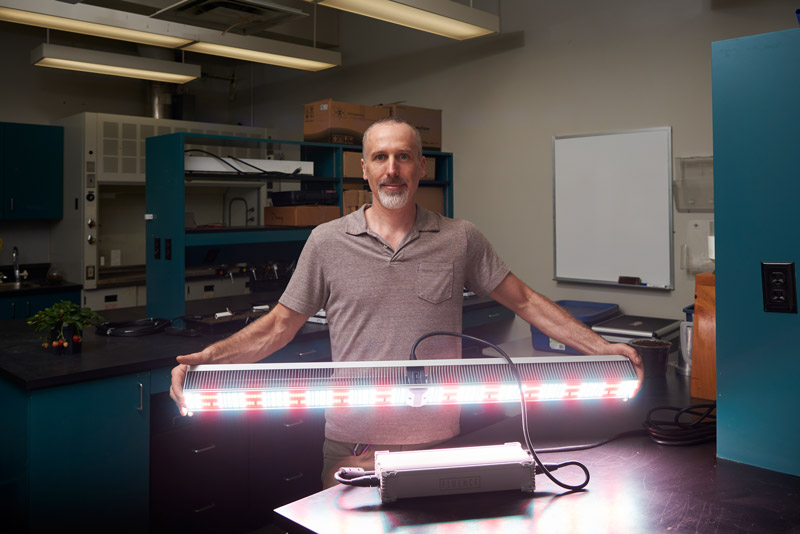
It’s not just about accolades and academic achievements: it’s about real-world impact. In recent commercial pilots, Koidra’s technology was a game-changer, boosting yields in organic eggplants and mini cucumbers by 27% and 20% respectively. A testament to the technology’s scalability and adaptability.
“We have climate change, more extreme weather, droughts, and more people to feed on the earth,” Dr. Hao says. “We can produce much more food per unit of land area. We can farm in the desert, near the North Pole, in remote communities, as long as we continue to develop controlled environment systems. And we can improve food security and quality.”
The strides made by this collaboration are not merely steps toward sustainable berry farming; they are giant leaps for the future of agriculture.
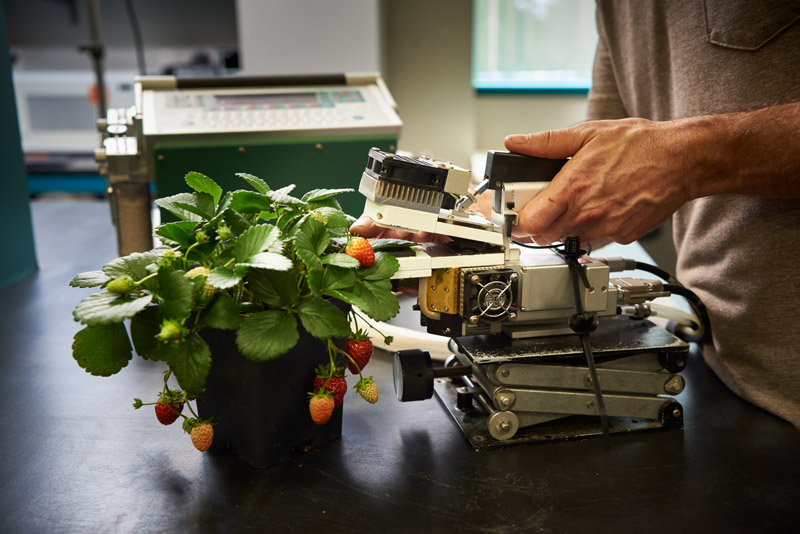
Collaborators
- Fadi Al-Daoud, Ontario Ministry of Agriculture, Food and Rural Affairs
- Adam Dale, University of Guelph
- Jason Lanoue, Agriculture and Agri-Food Canada
- Kenneth Tran, Koidra Inc.
- Ketut Putra, Koidra Inc.
- Yun Kong, University of Guelph
- David Llewellyn, University of Guelph

